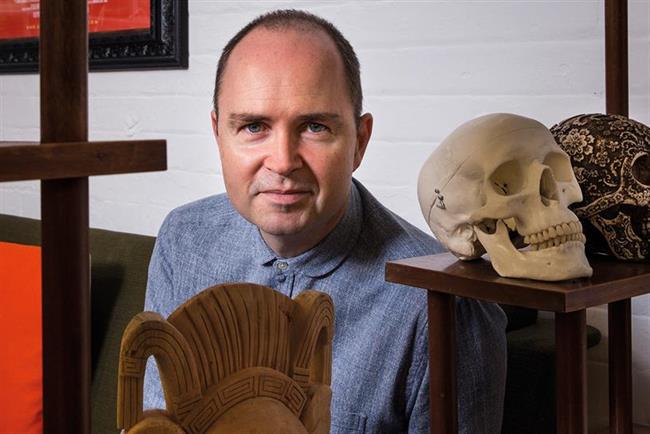According to industry body APG, this year marks the 50th anniversary of planning. Which means it’s probably also the 50th anniversary of the first "Is planning dead?" article. The discipline has certainly been getting it in the neck recently, with certain distinguished marketers claiming that strategy should be handled in-house and agencies should, in effect, focus on creative execution.
The argument is seductive because it promises efficiency (planners are seen as unnecessary duplications of their marketing "buddies"), agility (planners are cast as an annoying speed bump in the process) and productivity (planning is portrayed as an invisible cost, as opposed to a creative asset). Most of all, it represents progress: the argument is presented as a departure from the Mad Men model, which has become shorthand for all that’s wrong with the industry.
Now, we can all think of instances where this analysis holds true. I’ve certainly met some planners who could be categorised as "buddies", "speed bumps", "invisible men and women" or "resistors of progress". But I reckon they’re the minority. And while I’m in violent agreement with the commentators’ general calls for change, I’m equally convinced that disbanding the discipline would be a huge mistake for marketers and agencies alike.
A mad accusation
Let’s start with the Mad Men accusation – it makes me mad! Just on a basic, historical level, it’s inaccurate. Planning came as a reaction against the Mad Men model, not as part of it. The whole point of the new discipline was a growing unease that the voice of the consumer was being drowned out by those of the business (represented by the marketers), the client (represented by the suits) and the creative guru (Don Draper et al). So removing this separate, external viewpoint would take us back to the days of Sterling Cooper, not forwards.
What really concerns me, though, is that this retrograde step would come at a time when companies’ need for a strong consumer perspective is greater than ever.
Look at the challenges affecting our industry. Privacy scandals. Ad-blocking. Brand safety. Declining trust. All of these can be traced back to a business culture where the voices of shareholders, platforms and technologies are loud and clear, but the views of ordinary people are not canvassed – or, worse, trampled over.
Good planners can be useful allies for marketers on a mission
It’s a culture where brands seek to invade every aspect of our lives with commercial messages, try to demonstrate an intimate knowledge of our personal circumstances and generally pester us to form the kind of relationships we normally reserve for family members – without asking us if that’s what we want.
To be fair, we planners must take some of the blame for this. "The voice of the consumer" has become unpopular as a job descriptor because it seems over-simplistic and, potentially, positions us as mere messengers, parroting the words of research respondents without interpreting them ourselves. The siren calls of the brand, the future and the influencers have seemed more attractive.
But maybe it’s time for a rethink. Because, while (like any shorthand) it has its deficiencies, this dusty old mantra feels like a decent approximation for what the industry needs now and what we have always done at our best.
Of course, all companies should seek to create a customer focus within their own organisations. That’s what good marketers do. And maybe that’s all that the current critics are calling for.
But it can be a lonely process. When your colleagues spend all day immersed in their category and obsessing over their product, it can be hard to remind them that ordinary people don’t think that way.
Fresh perspective
Likewise, when you’re surrounded by internal stakeholders, it can be helpful to circumvent the politics and gain a fresh perspective. Good planners can be useful allies for marketers on a mission. Not duplicators but translators, amplifiers and advocates of sometimes uncomfortable truths.
So, while I will certainly be taking on board the opinions of these important critics, in this 50th anniversary year, I will be paying even more heed than ever to the little voices in the background.
Listen to them now. They are humming away with increased irritation, urging us not to forget them. I have a feeling that if we help them, they might just save us all too.
Andy Nairn is a founding partner of Lucky Generals



